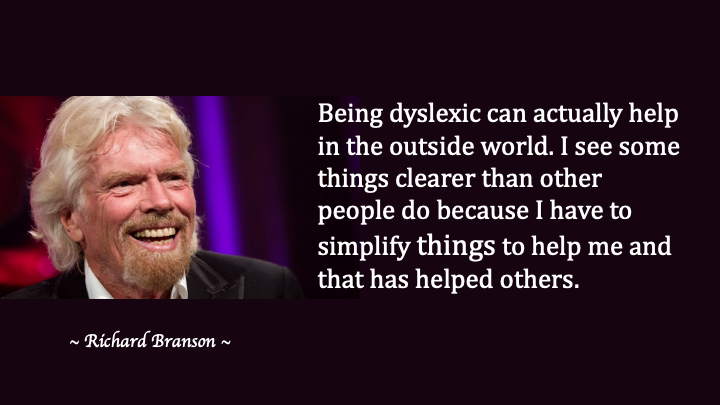Knowledge…learning…education, fueled by literacy, are keys to success.

Traditionally, literacy is defined as the ability to read and write.
A more complete definition, however, encompasses listening, speaking, reading and writing and today, using electronic media.
The major goal of every educator and parent should be to instill in children a solid foundation of transferable skills and a life-long love of reading and learning. To stay relevant, our children must constantly update their knowledge base. Hence, the prioritizing of literacy.
Dr.Carol Flexer, professor of audiology at the University of Akron, explains the importance of literacy this way,
“Literacy is inextricably entwined with sound. Immature listening abilities and underdeveloped auditory feedback loops have a substantial impact on how children learn to read.”
Literacy is all about sound. All its components incorporate sound in some way. Children learn to speak from listening. They learn to read from speaking and to write from reading.
Although our ears are the conduits for sound, we hear with our brains. Human development studies tell us that the human auditory brain structure does not fully mature until around age 15.
When brains do not receive intact sound, it is usually due to any one or a combination of factors, which include a noisy environment, ear infection, lack of auditory experience or immature brain development. Dyslexics have trouble connecting the sounds that make up words with the letters that represent those sounds. For them, the problem is often immature brain development.
Brain development studies show that sensory stimulation can influence growth and organization of auditory brain pathways.
That is why a number of currently available programs are helping dyslexic children develop their language and literacy skills. They are able to stimulate the auditory centers of the brain with precise sound. Music listening therapy helped my daughter tremendously.
This is good news for the dyslexic community.
Does this mean that every dyslexic person who receives this type of stimulation will learn to read at the same level as his non-dyslexic peers?
No.
Just as there is a continuum in the severity of characteristics in dyslexics, there is variety in their response to various sound development programs.
As technology takes over more and more, the skills that dyslexics find challenging are on the decline, while the thinking skills needed in today’s workplace are an integral component of their strengths.
Does interpretation of sound still matter? Yes.
But let us keep things in perspective. The goal is to learn concepts and generate ideas that will serve humanity and improve society.
There’s eye-reading – print books; ear-reading – audiobooks; and finger reading – braille. Whichever method one uses to accomplish this goal, is what’s best for him.
Which method of reading do you and your children prefer?









